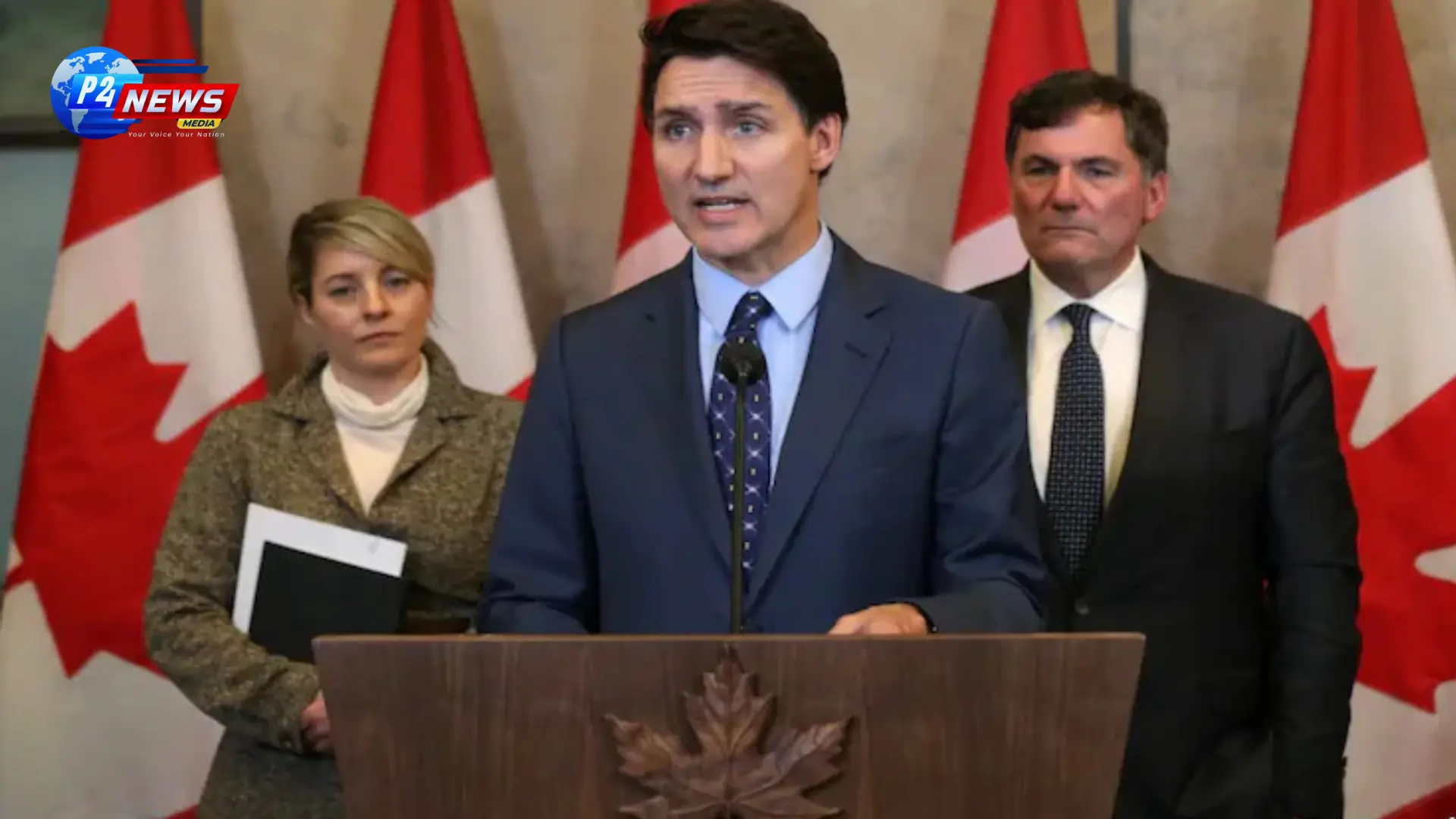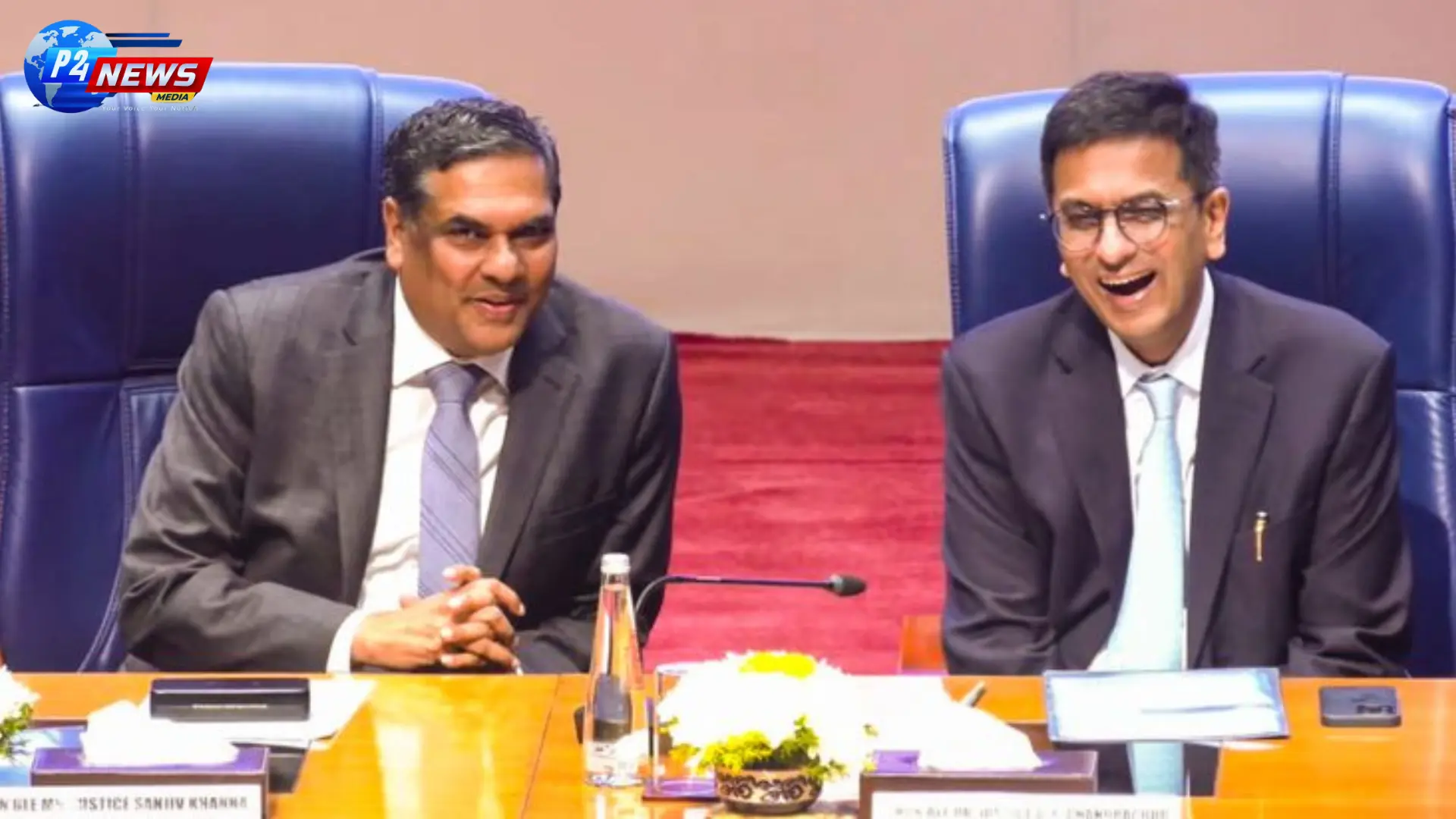In the wake of escalating tensions between India and Canada, Prime Minister Justin Trudeau admitted the existence of Khalistani supporters in Canada. However, he clarified that they do not represent the broader Sikh community. This revelation comes as relations soured following the assassination of Hardeep Singh Nijjar, a Khalistani extremist. Trudeau's comments during a Diwali event reflect a nuanced recognition of the complexities within the communities involved, while also addressing recent clashes in Canada.
Introduction
The diplomatic relations between India and Canada have reached a new low amidst allegations and counter-allegations following the assassination of Hardeep Singh Nijjar. This has led to heightened scrutiny of the Khalistani movement and its supporters within Canada. Prime Minister Justin Trudeau's recent comments acknowledging the presence of Khalistani sympathizers have provoked discussions about community representation and national security.
Trudeau's Acknowledgment
During a Diwali celebration on Parliament Hill, Trudeau recognized the existing support for Khalistan among certain groups in Canada but emphasized that these individuals do not speak for the entire Sikh community. His statement comes against the backdrop of India's allegations that Trudeau's government is accommodating pro-Khalistani elements, which has aggravated diplomatic tensions. While he noted the existence of Khalistani supporters, Trudeau also pointed out that there are supporters of the Modi government in Canada who do not represent all Hindus, aiming to clarify misunderstandings surrounding the diverse perspectives within these communities.
Escalating Violence
Recent incidents have further strained relations, notably a violent clash in Brampton, Ontario, where protests involving Khalistani flags erupted at a Hindu temple. Videos of the brawl showcased a chaotic scene as clashes broke out between protestors and worshippers. Trudeau condemned the violence, reaffirming that every Canadian should have the freedom to practice their religion peacefully. His government's rapid response via local law enforcement was commended, yet the incident raised alarm bells about the rising communal tensions in Canada.
Government Responses
In light of escalating tensions, the Indian government expressed deep concern over the safety of Indian nationals in Canada. Following the violent disruptions, the Ministry of External Affairs reiterated its condemnation of the incidents and highlighted the need for accountability regarding anti-India demonstrators. Spokesperson Randhir Jaiswal remarked on the orchestrated nature of the protests and emphasized India's concern for its citizens attending such gatherings, underscoring the necessity for a secure environment for all.
Allegations Without Evidence
India has categorically denied allegations of involvement in Nijjar's death, calling Trudeau's claims politically motivated. The narrative has exacerbated fears that Canada is becoming a sanctuary for Khalistani extremists, further complicating diplomatic discussions. Notably, Trudeau admitted in a public inquiry that his government's accusations lacked hard evidence, stating that the claims were primarily based on intelligence rather than definitive proof. This revelation raised questions about the reliability of the assertions made and the potential political implications for both nations.
Community Dynamics
Trudeau's nuanced remarks highlight the complex dynamics within Canadian society, where various factions express differing opinions on the Khalistan movement. By acknowledging the presence of Khalistani supporters while simultaneously distancing them from the larger Sikh community, Trudeau aims to foster understanding amid polarization. However, this delicate balancing act raises critical questions regarding representation and the political motivations that shape public discourse on such sensitive subjects.
Conclusion
The ongoing diplomatic rift between India and Canada reflects a broader struggle over identity, nationalism, and security. Both nations must navigate these challenges carefully to avoid further deterioration of their relationship. As the situation evolves, the roles of community leaders, government actions, and public sentiment will be crucial in shaping the future of India-Canada relations, which remain pivotal for both countries in an increasingly interconnected world.
















Comments 0